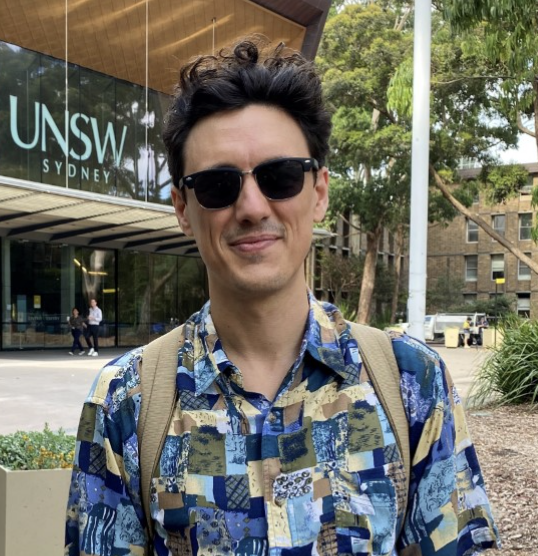Background, uniqueness, significance and impact: Applications for social housing, and the waiting lists to which applicants are admitted, are crucial mediators of access to housing assistance. In June 2021, 163,508 households were on waiting lists for social housing across Australia (public housing, community housing, SOMIH). This number represents a 2% reduction on the number 10 years previously; considering the decade also saw population growth, rising housing costs for low-income households and rising rates of homelessness, the relative flatness of the number of waiting applicants points to the possible significance of administrative factors limiting registrations (Lilley and Pawson, forthcoming). These factors include the operation of eligibility policies, procedural requirements for applications, the discretion afforded officers in dealing with
applications (Pawson et al. 2009; Levin et al. forthcoming), practices for more assiduously diverting or removing applicants from the list, and the sense that applicants – and non-applicants – have of the utility or otherwise of engaging with the system (Clarke et al. 2020).
Unpublished data from a current ARC Linkage project on social housing waiting lists (the ‘Waithood project’) suggests that in 2020-21 the number of list deletions equated to more than 50 per cent of those housed (into social housing) from it during the year. As part of this, consideration needs to be given to the diversity of housing assistance alternatives to social housing tenancies now being made available (Bullen and Baldry 2018; Fitzpatrick and Pawson 2007).
This research is essential because it will understand how the administrative factors in social housing allocation decisions may work to affect a shift from rationed social housing provision to more diverse forms of housing assistance. The research will ask policy-makers involved in deliberate attempts to refocus from social housing allocation to diversified forms of housing assistance about the strategic challenges of effecting such a transition and communicating it to applicants and other agencies. The research will better understand the management of access to
social housing from the applicant perspective. Another important question is the extent to which eligible, but non-priority, applicants for social housing are counselled to accept other forms of housing assistance instead of pursuing waiting list enrolment. This research will identify the implications of a rights-based approach to housing assistance entitlement.
Acknowledgement of sponsor(s): This research is being funded by Australian Housing and Urban Research Institute (AHURI).
Research methodology: This project uses a mixed-method research methodology that will include the following data collection methods:
Expected outcomes/results:
This project will offer prospects for improving on social housing applications and the waiting list as the primary mediators of access to housing assistance. It will propose policy development options for better communicating to clients’ appropriate expectations about housing assistance entitlements and delivery, and to the general public appropriate information about the performance of the system.


